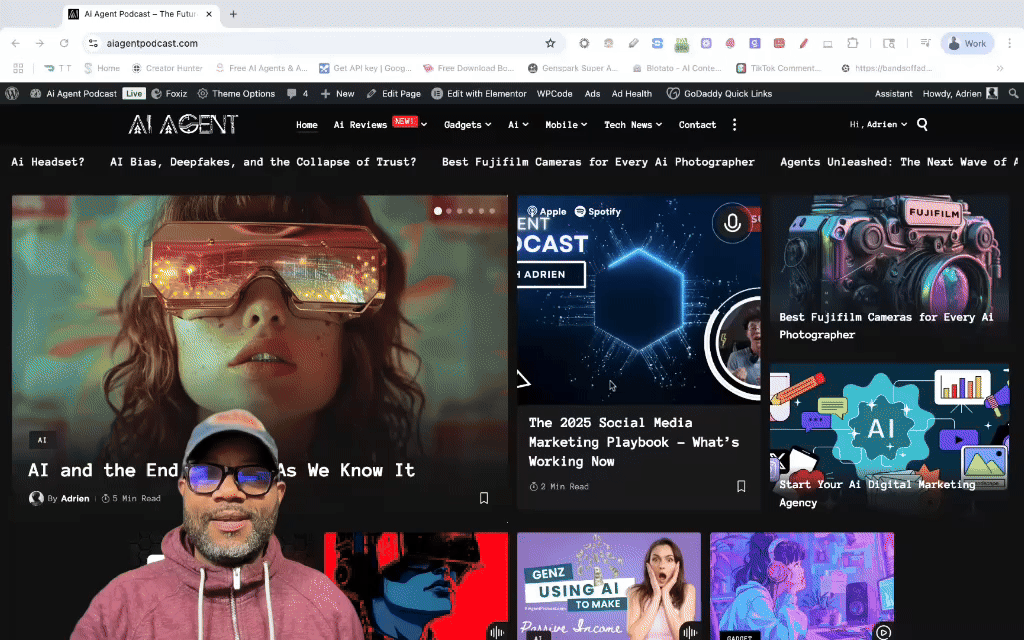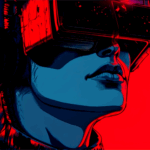In an age where algorithms learn our habits faster than we form them, and devices anticipate desires before we name them, a curious question arises—are we still the decision-makers, or have we quietly ceded that role to the very systems we designed? As smart technology becomes increasingly woven into the fabric of daily life, it blurs the boundary between autonomy and automation. This article explores the evolving relationship between humans and the digital infrastructures we’ve built, asking whether we are the directors of this vast technoscape or simply actors playing out lines written by code. Are we the agents—or the managed?
Shifting Roles in the Age of Automation and Algorithmic Oversight
As machines increasingly take over decision-making processes once reserved for human judgment, our professional identities are undergoing a quiet metamorphosis. The lines between leading and being led are blurring under the weight of omnipresent algorithms. Today’s knowledge workers often find themselves executing the logic of systems they barely understand — interpreting dashboards, not data; adjusting workflows to match machine rhythms. This shift is subtle but profound. We no longer just use tools — we obey them. Consider the new workplace dynamics:
- Project timelines dictated by AI-derived efficiency scores
- Team formations based on predictive collaboration models
- Performance evaluations generated from algorithmic behavior analyses
| Human Role | Algorithmic Influence |
|---|---|
| Talent Acquisition | Pre-screened by AI filters |
| Creative Direction | Aligned with engagement algorithms |
| Leadership Decisions | Backed by trend forecasting models |
Strategies for Reclaiming Agency in a Data-Driven World
In an era where algorithms often feel like the silent architects of our choices, regaining control starts with intentional digital behavior. Rather than being passive data points, individuals can become dynamic participants by adopting consciousness in everyday tech use. Some practical approaches include:
- Curating your feed: Use your app settings and preferences to shape what you consume, not what the algorithm suggests.
- Practicing data hygiene: Routinely delete unused apps, audit permissions, and opt out of non-essential tracking settings.
- Choosing alternative tools: Embrace platforms that prioritize privacy and transparency, even if they’re less mainstream.
- Embedding human moments: Schedule intentional offline time to reconnect with unquantified experiences—joy, intuition, spontaneity.
| Action | Impact |
|---|---|
| Disable App Tracking | Limits passive profiling |
| Use Decentralized Platforms | Retains user ownership |
| Customize Notification Flow | Reduces digital noise |
| Engage in Data Literacy | Boosts informed decision-making |
The Conclusion
As we navigate the intricate terrain between autonomy and automation, the line between agent and managed grows ever more porous. Algorithms suggest, systems steer, and we follow—sometimes consciously, other times not. But perhaps the real question isn’t which role we play, but how aware we are of the performance. In a world increasingly orchestrated by unseen hands, asking whether we lead or are led may be less about dominance and more about dialogue. In that reflection, we might just find the agency we’ve been looking for all along.





